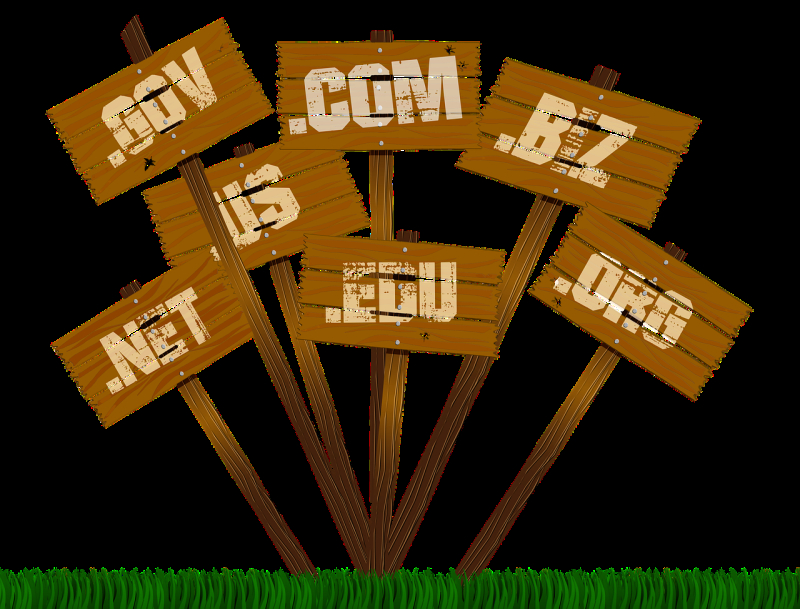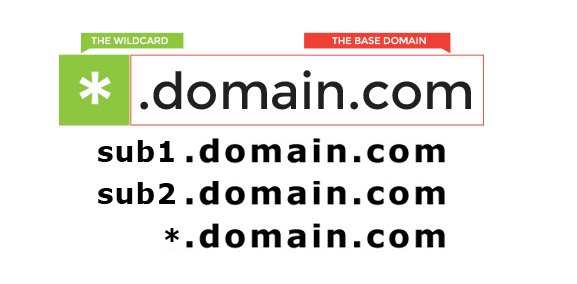
What’s the most crucial aspect of building a new website? Of course, you need to make it visually stunning and easily navigable. You even have to load it with insightful and engaging content to grab the attention of your audience.
However, the first thing that your target audience will notice about your website is the URL. That’s why selecting the right domain name is such an important step. Think of it as your website’s unique identity. Not just from an SEO standpoint, but also from a marketing perspective.
This is all the more crucial considering that there are over 1.8 billion websites on the internet right now. Choose the wrong domain name and your website will get drowned in the vast ocean of similar-sounding websites. Apart from diluting your brand identity, you’ll likely end up losing plenty of potential customers to your competitors.
While it’s pretty easy to buy a domain name on the internet, you need to ensure that it’s snappy, memorable, and relevant to your brand. If you’re creating your first website, choosing the right domain name can be particularly challenging.
That’s why, in this blog, we’ve highlighted a few common domain name selection mistakes that you need to avoid. Let’s get started.
1. Not Choosing the Domain Name Soon Enough
Putting domain name registration on the backburner while you prepare to kickstart your business is a serious no-no. The last thing you want is to launch your business and then fail to find a domain name that matches your brand name.
In the absence of too many options, you’ll likely have to settle for a difficult, obscure, and irrelevant domain name. The best way of avoiding this is to start looking for a suitable domain name while you’re shortlisting names for your business.
This will give you ample time to modify your business name if need be. Also, if you register your domain early on, you can showcase it on your social media profiles, business cards, promotional flyers, etc.
2. Selecting a Domain Name That’s Similar to Other Websites

Quite often, if you don’t conduct thorough research, you’ll end up with a domain name that’s eerily similar to that of a competitor’s. This, in turn, means you’ll end up losing precious traffic and potential customers to that other business.
Worse still, if your domain name is similar to that of an unrelated or inappropriate website, it’ll negatively impact your brand image. The best way of avoiding this is to choose a unique domain name that describes your brand and product/service.
Simply do Google your shortlisted domain names and checkout the sites that are similarly named.
3. Choosing a Nondescript Domain Name

Unless you own an easily recognizable brand like Apple, Tesla, or Google, you should select a domain name that reflects your products/services.
For example, if you own a pizza place, you are better off with a domain name that includes the keyword “pizza”. So, something like a “bobspizzaplace.com” would attract more targeted traffic than “bobseatery.com” or “bobsrestaurant.com”. It also ensures that people who are not familiar with the “Bobs” brand also instantly recognize the business for what it is.
4. Making the Domain Name Lengthy

Who’s great at remembering long and convoluted website URLs? Absolutely nobody! If your website’s domain name includes too many characters, your potential customers will also likely end up making a mistake while typing it.
It’s even difficult and unappealing to print on marketing collateral, such as business cards, brochures, pamphlets, etc. That’s why you need to choose a domain name that’s crisp and snappy. As a ground-rule, you should try to limit it to 16 characters.
5. Making the Domain Name Difficult to Read

If your domain name includes hyphens and numbers, you’ll often find yourself explaining how to type the URL. Are the numbers spelled out or typed as digits? Where and how do the hyphens fit? You’ll likely have to explain these details every time you provide a potential customer with your website URL.
Needless to say, it’ll lead to unnecessary confusion. The best approach is to use a letter-only domain name, whenever possible. Also, you should avoid using homonyms and words that are spelled differently in different cultures (for instance, “color” and “colour”).
It’s recommended that you run a quick quality check and analyze whether a listener on the phone or radio can easily understand and recall the domain name.
6. Using Obscure Spellings

Apart from being easy to read, your website’s domain name should be easy to spell and write as well. Replacing “hacks” with “hax” or “easy” with “ezee” might help your business seem modern and relevant. However, it’ll make it difficult for your target audience to remember and type the URL without making any mistakes.
Nevertheless, if your brand name demands that you use a unique spelling, there are ways to make it work. For instance, MovieFone.com has bought similar-sounding domains, such as “MoviePhone.com” and redirects traffic from these domains to the original website. It ensures that even if people make a spelling mistake in the URL, they’ll land on the right website.
7. Not Keeping Room for Growth

Let’s say you launch a brand of hair accessories and decide to name your website “glamoroushair.com”. Later, you decide to expand your business to sell body accessories and jewelry as well. Of course, your old domain name is no longer going to be relevant to your brand.
That’s why it is essential to evaluate your long-term business goals and determine whether a particular domain name will continue to be meaningful as your business grows further.
Did you make any other rookie mistakes while choosing a domain name for your website? Share your experience in the comments section below.




